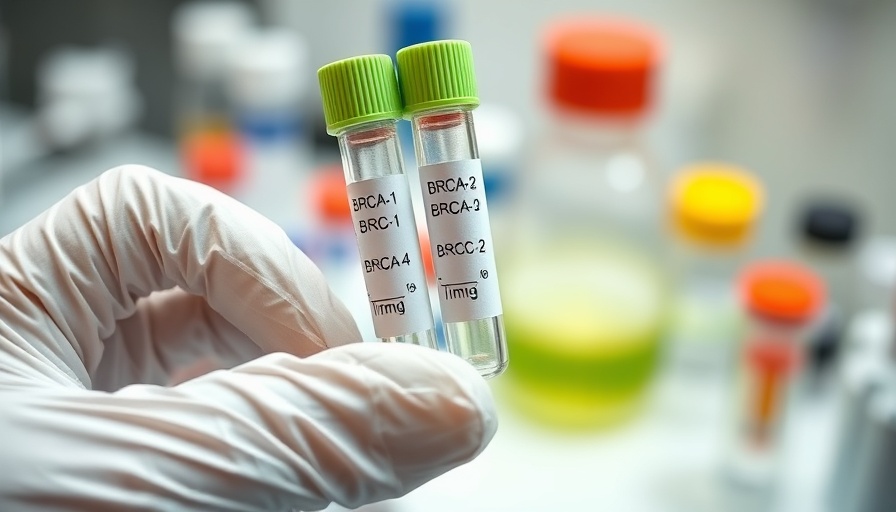
Breast-Conserving Treatment vs. Mastectomy: A New Era of Choices
For patients facing a breast cancer diagnosis, the choice between breast-conserving treatments and mastectomy has long been fraught with emotion and uncertainty. Recent studies suggest that for individuals with BRCA1 or BRCA2 gene variants, opting for breast-conserving treatment could be as effective as the more drastic mastectomy. A groundbreaking study from South Korea, involving 575 female patients, sheds light on this crucial decision, revealing comparable oncologic outcomes between both surgical options.
Understanding the Study
Conducted at 13 institutions across South Korea, the study tracked patients with pathogenic variants of BRCA1 or BRCA2 who had undergone either breast-conserving treatment or mastectomy from 2008 to 2015. After carefully matching patients based on factors like age, tumor size, and lymph node involvement, researchers followed them for an average of 8.3 years. This meticulous approach ensured the study's findings are robust and relevant.
What the Findings Mean for Patients
According to the results, breast-conserving treatment showed no significant differences in terms of locoregional recurrence, distant recurrence, and overall survival rates when compared to mastectomy. The hormone receptor status and tumor characteristics such as size and lymph node involvement were the main determinants of outcomes, rather than the type of surgical approach taken.
Leading researcher Dr. Janghee Lee stated, "Breast conservation with close surveillance can be considered a viable treatment option for BRCA1 or BRCA2 pathogenic variant carriers." This bold assertion opens the door for a more personalized approach to breast cancer treatment, moving away from the one-size-fits-all mentality.
The Emotional Impact of Choices
For many women, the choice between preserving their breast(s) and undergoing a mastectomy can feel overwhelming. Beyond just survival rates, this decision is deeply personal, intertwined with feelings about femininity, body image, and emotional well-being. Understanding that breast-conserving options may be just as effective provides a sense of hope for those who wish to retain their physical aesthetic while also battling a fierce disease.
Future Predictions in Breast Cancer Treatment
The landscape of breast cancer treatment is evolving, with more emphasis on patient-centered care and personalized medicine. As additional studies confirm these findings, policymakers and healthcare practitioners might advocate for guidelines that favor breast-conserving treatments over mastectomy, depending on individual patient circumstances. This shift could lead to widespread changes in insurance policies and medical practice.
Conclusion: Taking Control of Your Health Decisions
Ultimately, the most significant takeaway from this study is that patients should feel empowered in their treatment choices. Conversations with healthcare providers about the risks and benefits of each approach should be open and thorough, allowing for informed decisions tailored to individual needs. As the field of oncology advances, we must ensure that patients are informed about their options so they can make choices that align with their values and lifestyle.
For further information and support as you navigate your breast cancer journey, consider seeking counseling, and participating in support groups that can provide guidance and community.
 Add Row
Add Row  Add
Add 



Write A Comment